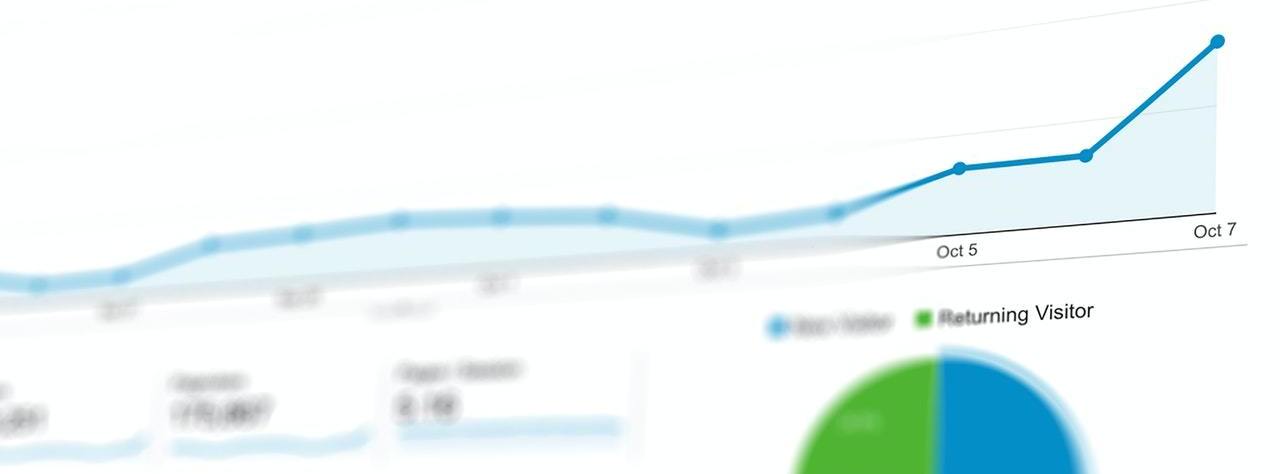What is SEO & How To Optimise Your Website
Posted on 3rd November 2020
It seems like every day some brand-new search engine optimisation technique or trend claims to be the next best thing for every small business owner. But when you try to make sense of it, you end up realising you have again been duped by another snake oil salesperson!
This ends up leaving you disillusioned and wary of trying another of the countless methods being pedalled. It is not surprising then that many business owners question whether approaches like search engine optimisation (SEO) are still relevant and if they still matter.
The reality is that SEO is still extremely relevant, but businesses need to adapt to the shifting landscape. So, let us start with the basics…
What is SEO?

SEO is as much about people as it is about search engines themselves. It’s about understanding what people are searching for online, the answers they are seeking, the words they’re using, and the type of web pages they are keen to see. Knowing the answers to these questions will help you to connect to the potential customers out there who are searching online for the products and or services you have to offer them.
What are SERPs?

Organic search results are the ones that are earned through effective SEO, not paid for (i.e., not advertising). These used to be easy to spot - the ads were clearly labelled as such and the remaining results typically took the form of '10 blue links' listed below them. But with the way search has changed, how can we spot organic results today?
Today, search engine results pages, often referred to as SERPs, are filled with both more advertising and more dynamic organic results formats (called 'SERP features') than we've ever seen before. Some examples of SERP features are featured snippets (or answer boxes), ‘People Also Ask’ boxes, image carousels, etc. New SERP features continue to emerge, driven largely by what people are seeking.
It’s important to remember that search engines make money from advertising. Their goal is to better solve searchers' queries (within SERPs), to keep searchers coming back, and to keep them on the SERPs longer.
Some SERP features on Google are organic and can be influenced by SEO. These include featured snippets (a promoted organic result that displays an answer inside a box) and related questions (a.k.a. 'People Also Ask' boxes).
Why is SEO important?

While paid advertising, social media, and other online platforms can generate traffic to websites, the majority of online traffic is driven by search engines.
SEO is also one of the only online marketing channels that, when set up correctly, can continue to pay dividends over time. If you provide a solid piece of content that deserves to rank for the right keywords, your traffic can snowball over time, whereas advertising needs continuous funding to send traffic to your site.
Search engines are getting smarter, but they still need our help. Optimising your site will help deliver better information to search engines so that your content can be properly indexed and displayed within search results.
With the basics covered, it’s time to discuss what you can do to boost your SEO...
Site Content Optimised for Search

Create and publish content that is optimised to address your potential customers' problems as well as give as much value as possible.
For example, if the keyword phrase you're attempting to rank for is 'how to increase B2B lead generation', do a quick Google search of this term to see what pages are rating high in the search results. Are most of the results web pages, or blog articles? Research these pages to find out the structure of the content and use it as a basis to generate your own unique content that Google will value and it will help you to rank higher. After that, craft content that ideally supplies what the user was hoping to discover.
You can optimise your traffic-generating potential by developing enhanced content that suits what your target market is trying to find and supplies a lot more value than the pages that you’ve researched which are currently rating well.
Multichannel Strategy

We all recognise the saying 'Don't put all your eggs in one basket', and this absolutely relates to digital marketing. If you rely only on one source to drive business to your website, you're putting your service in jeopardy if that channel ever were to dry up or disappear altogether.
By taking a multichannel technique, you can continue creating results with your current projects while additionally opening a consistent stream of brand-new leads. You can easily contract out search engine optimisation and/or content production so you draw in natural web traffic without taking some time away from your key marketing channels.
Brand Authority Plus Reach

It appears that many of this generation of purchasers are coming to be extra resistant to standard strategies like cold calling, email marketing, and even paid ads! But with search engine optimisation, you can reach this group where they are already looking for brands - SEO brings in customers to you rather than disturbing their natural scrolling with pushy sales tactics.
Better, you can expand your brand name's reach by targeting long-tail keyword phrases that draw in highly targeted website traffic. Question-based ('How do I ...?') or comparative ('brand A versus brand name B') keywords can strengthen your reputation as an authority on a topic as well as position you favourably against your rivals.
So What Does This All Mean?

While some marketing techniques might be becoming obsolete, SEO is and will remain high on the list for some time to come. Whether you invested in SEO early or are just getting going, it can still be a significant driver of web traffic and also potential leads to your site.
Search engine optimisation is specifically useful for locally focused companies, those aiming to get to even more individuals with their material and also businesses intending to adopt a multichannel approach. By composing web content that's customised to your target market and maximising your website for high-traffic keyword phrases, you can expand your reach and also improve your brand name's authority online.
If you’d like to find out more about the importance of SEO, or if you’d like to learn about the services we offer, explore our site or get in touch with a member of our team here at it’seeze Web Design Windsor.
We look forward to hearing from you.
Tagged as: SEO, web design
Share this post:



